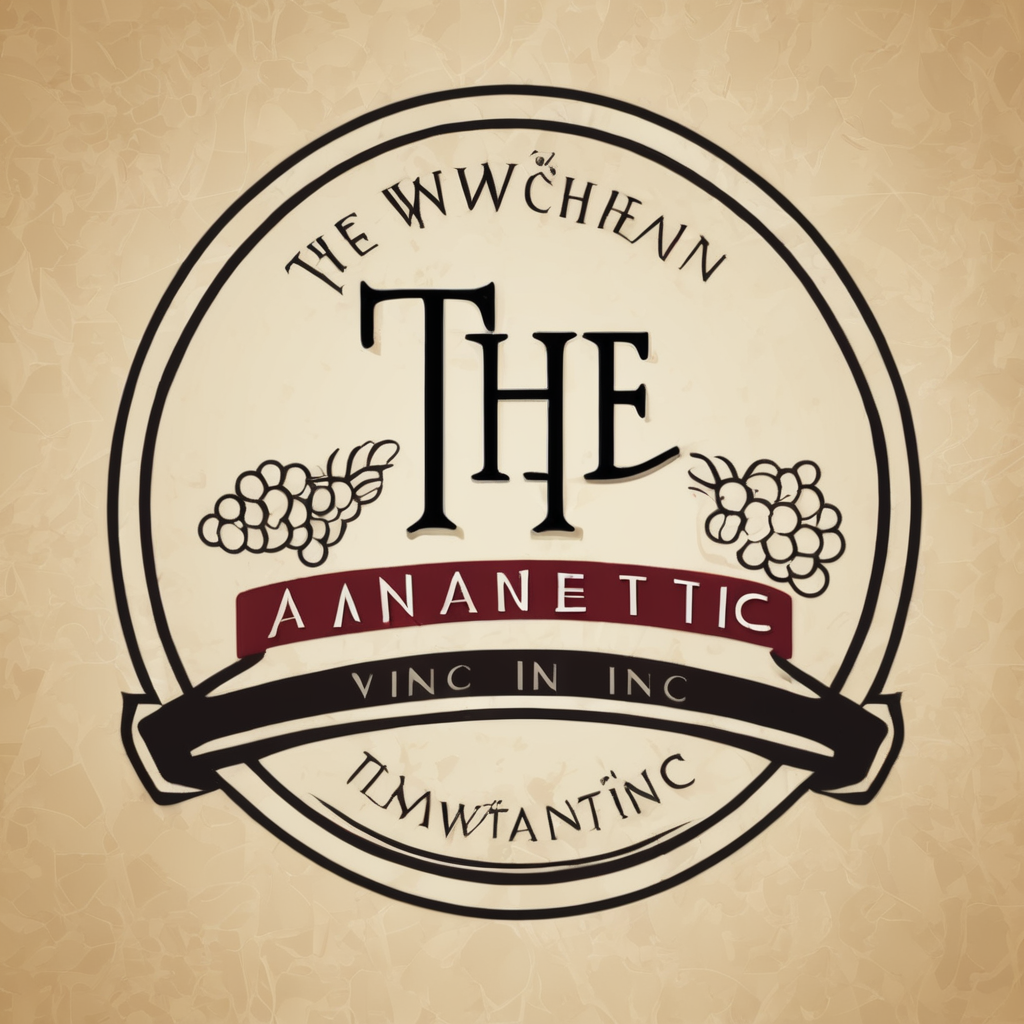Most Effective Social Media Platforms for UK Kitchen Restaurant Bars
Choosing the right social media platforms is crucial for effective social media marketing within UK restaurants, especially kitchen restaurant bars that aim to captivate their audience. Among popular platforms, Instagram stands out due to its visual focus, perfect for sharing high-quality photos of dishes and inviting interiors. This platform attracts food lovers seeking inspiration, making it ideal for showcasing culinary creativity.
Facebook remains a powerhouse in the UK hospitality sector, offering robust tools for event promotion and community building. Its broad demographic reach allows kitchen bars to target families and older patrons effectively. Meanwhile, TikTok has surged as a trendy platform where quick, engaging videos tap into younger audiences, encouraging viral potential through creative, fun content.
Also to discover : Unlimited dimsum experience: Feast at Fei Er Cottage
Twitter can be valuable for timely updates, customer interaction, and participating in food trends or local conversations. When selecting platforms, UK kitchen bars should consider their target guest demographics, content style, and engagement goals. Leveraging each platform’s unique strengths facilitates precise audience targeting, enhancing the overall impact of social media marketing within this competitive hospitality niche.
Types of Content Shared by UK Kitchen Restaurant Bars
Content choice shapes the impact of social media marketing for UK restaurants, especially kitchen bars aiming to stand out.
Also read : What are the challenges of running a kitchen restaurant in the UK?
The backbone of effective content types is visual storytelling. Kitchen bars excel by sharing professional photos and videos showcasing signature dishes, inviting interiors, and bustling events. These eye-catching visuals spark appetite and curiosity, directly supporting restaurant marketing efforts.
Promotional posts are indispensable. Time-limited deals, special offers, and loyalty programmes provide clear incentives for engagement and visits. Campaigns that integrate these promotions help bars convert followers into guests while driving repeat business.
Authenticity resonates strongly with audiences. Sharing behind-the-scenes glimpses—from chefs at work to ingredient sourcing—establishes trust and personality. Equally powerful are user-generated content posts, where satisfied customers share their experiences, fostering a community feel.
By combining these content types strategically, kitchen bars create varied, engaging feeds that cater to different audience interests. This diversity enhances the overall effectiveness of restaurant marketing across key social media platforms.
Engagement Strategies That Drive Results
Engaging audiences effectively is pivotal for social media marketing success in UK restaurants, especially kitchen bars competing for attention. Strong customer engagement begins with active community management. Prompt responses to comments, direct messages (DMs), and reviews show attentiveness, fostering loyalty and encouraging repeat visits.
Interactive campaigns are proven tactics to boost engagement rates. Contests inviting followers to share photos or tag friends create buzz, while polls and live Q&A sessions encourage two-way audience interaction. These strategies not only increase visibility but deepen connections with potential guests.
Collaborations with local influencers and food bloggers effectively widen reach and lend authentic credibility. When influencers share genuine experiences at kitchen bars, their followers are more likely to take interest, driving footfall.
For kitchen bars aiming to maximise social media impact, combining responsive communication, interactive content, and influencer partnerships offers a practical, well-rounded approach to elevate customer engagement and enhance overall marketing outcomes.
Real-Life Examples and Case Studies from UK Venues
Examining case studies from UK restaurant bars provides practical insight into what drives social media success stories. For example, independent kitchen bars have harnessed Instagram’s visual power by launching seasonal campaigns featuring limited-edition dishes alongside striking imagery. This blend of professional content types and authentic storytelling boosted follower engagement significantly.
Chains have used Facebook’s advanced targeting tools for geographically tailored promotions, driving footfall in key locations. Their campaigns often integrate time-limited offers and event announcements, creating a sense of urgency that encourages reservations. These tailored efforts show how platform-specific strategies yield measurable results in restaurant marketing.
Local venues frequently partner with food bloggers to amplify reach, resulting in viral moments on TikTok that highlight unique experiences, from cocktail crafting to live-music nights. These collaborations embody successful social media marketing by combining influencer credibility with content that resonates deeply with target audiences.
Key takeaways underscore the importance of adaptable strategies: combining diverse content types, leveraging platform features, and fostering genuine community connections are critical for kitchen bars seeking to thrive in the competitive UK hospitality sector.
Key Metrics and Analytics Used to Measure Social Media Success
Understanding social media analytics is essential for UK kitchen bars to evaluate the effectiveness of their marketing efforts. Core performance metrics include reach, which shows how many unique users see posts, and engagement rates, measuring likes, comments, shares, and saves. High engagement signifies content resonates well with the target audience.
Another important KPI is follower growth, reflecting brand popularity over time. Additionally, tracking reservations driven directly or indirectly from social media helps quantify return on investment (ROI). Monitoring click-through rates on promotional posts also reveals audience interest and interaction levels.
Popular tools for campaign monitoring range from platform-native insights, like Instagram and Facebook Analytics, to third-party apps offering detailed reports and sentiment analysis. These tools help UK restaurants adapt strategies quickly by pinpointing which types of content and platforms yield the best results.
Analysing data regularly empowers kitchen bars to refine posting times, content formats, and promotional tactics, fostering continuous improvement in social media marketing. This data-driven approach ensures that marketing budgets are optimised and audience engagement remains strong, crucial in the competitive UK hospitality sector.
Most Effective Social Media Platforms for UK Kitchen Restaurant Bars
Choosing the right platforms is essential for effective social media marketing in UK restaurants. Each platform offers distinct advantages that kitchen bars can leverage to connect with specific audiences and maximise engagement.
Instagram excels with its visual emphasis, making it ideal to showcase high-quality photos of dishes and stylish interiors. Its strong food-loving community helps kitchen bars attract visually driven customers. Leveraging Instagram Stories and Reels boosts reach even further through short, engaging content.
Facebook remains invaluable for its broad demographic coverage and extensive event promotion tools, enabling kitchen bars to target diverse age groups effectively. Its groups and local business pages foster community engagement and ongoing customer relationships.
TikTok is rapidly rising due to its viral potential, especially among younger demographics. Fast-paced, creative videos showcasing the kitchen bar atmosphere or signature drinks generate substantial interest and word-of-mouth promotion.
Twitter supports real-time updates and conversations, allowing kitchen bars to engage promptly with trending topics and customer feedback. This platform facilitates building a responsive, authentic brand voice.
Selecting platforms depends on the target audience, content format, and marketing goals. Combining these platforms strategically can amplify reach and impact within the competitive UK hospitality sector.



